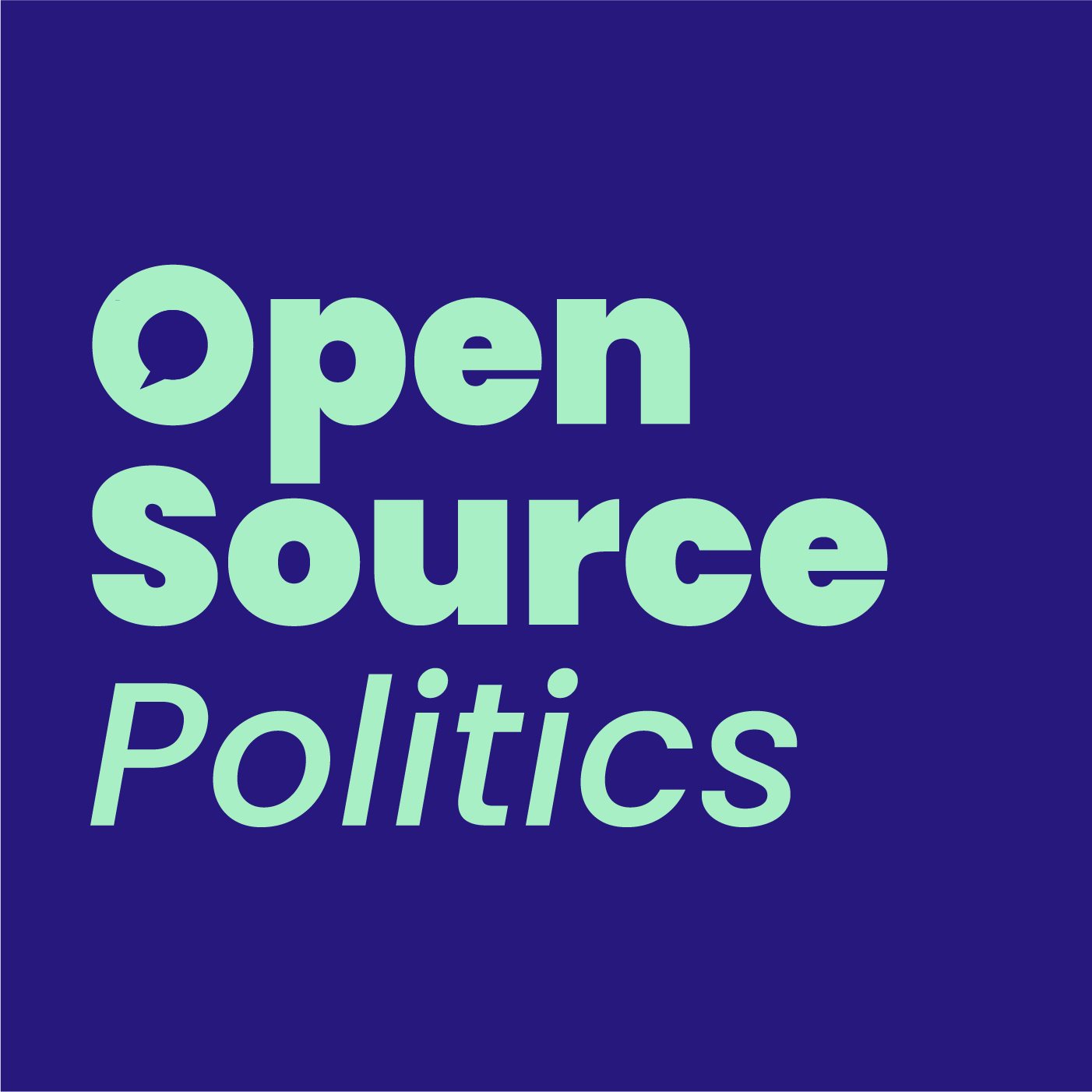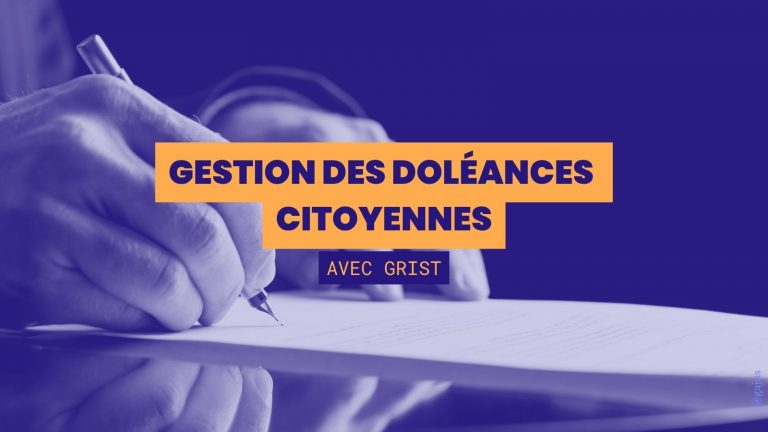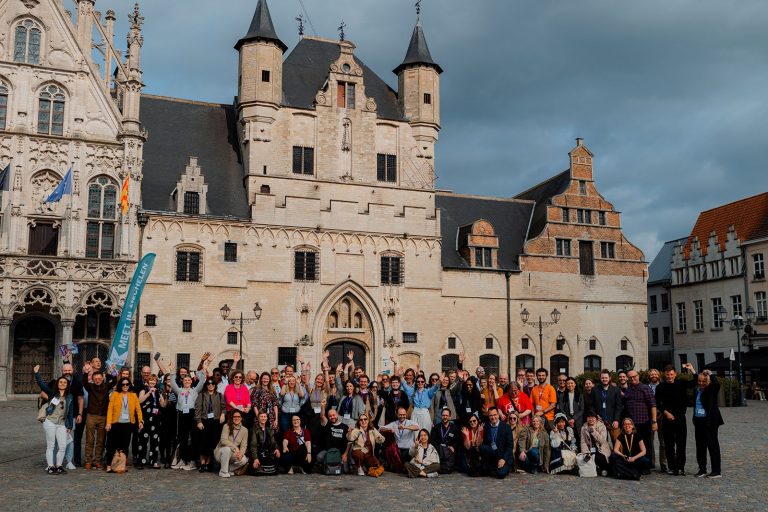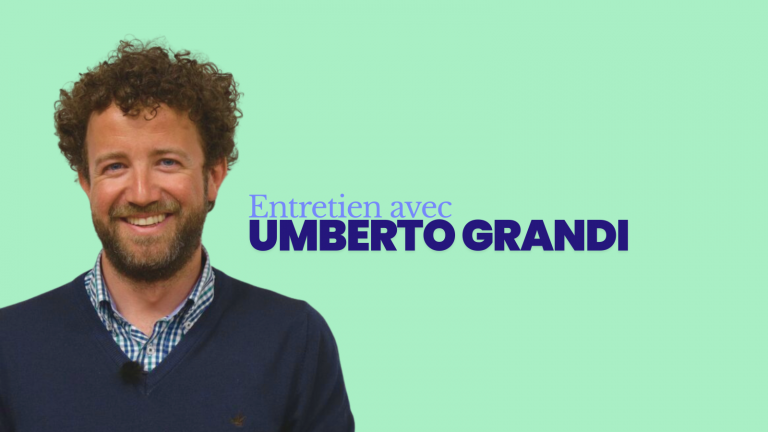Pendant plusieurs mois, OSP et les équipes du Sénat ont travaillé main dans la main au lancement d’un nouveau service : la plateforme officielle petitions.senat.fr



Cette plateforme permet aux citoyen·ne·s de déposer des pétitions et/ou d’en signer en ligne, de manière sécurisée grâce à une intégration FranceConnect avancée. Cette innovation démocratique utilise la technologie libre et open source Decidim, et notamment le module “Initiatives” autorisant un droit d’interpellation aux citoyen·ne·s.
Utilisé par la mairie de Barcelone depuis plusieurs années, c’est la première fois qu’il est déployé en France, et pour la première fois également dans un Parlement de l’Union Européenne.
Une innovation démocratique majeure pour nos institutions
Le module Pétitions de Decidim est déployé pour la première fois à l’échelle nationale, ce qui fait du Sénat le premier Parlement de l’Union Européenne à contribuer au développement de ce bien commun numérique.
Ce dispositif n’est pas sans rappeler la plateforme petition.parliament.uk mise en place le Parlement britannique avec succès : le recueil de plusieurs millions de signatures a permis de porter 73 pétitions citoyennes devant les parlementaires outre-Manche.
Ces deux initiatives témoignent d’une volonté croissante des institutions parlementaires de s’ouvrir aux citoyen·ne·s en leur offrant la capacité de mettre des sujets à l’agenda législatif.
Après le bilan mitigé du Grand Débat, il est intéressant de voir que les exercices de concertations nationaux restés jusqu’alors purement consultatifs consacrent désormais une place progressive à des modalités qui laissent davantage de marges de manœuvre aux citoyen·ne·s – nous pensons par exemple à la Convention Citoyenne pour le Climat et sa plateforme participative Decidim, également mise en place par OSP.
Il s’agit de nouvelles avancées importantes pour les civic tech en termes d’impact et nous nous réjouissons qu’elles se fassent sur Decidim. A chaque reprise, le choix de ce logiciel libre s’est fait en tenant compte des règles éthiques qui le gouverne et de son exemplarité en matière de protection des données personnelles. La CNIL a d’ailleurs récemment mis en avant les qualités du logiciel dans son Cahier Innovation et Prospective sur les Civic Tech (retrouvez notre article ici).
En effet, le libre et l’open source sont les meilleures garanties de transparence pour une plateforme numérique. Le code source est accessible et permet de connaître tous les rouages internes de la plateforme. Ces même propriétés autorisent la reprise, l’installation et la modification du logiciel par d’autres institutions ou collectivités. Ainsi, l’investissement que le Sénat a fait dans le logiciel va bénéficier à toutes les autres organisations qui voudront utiliser Decidim, à l’échelle parlementaire ou locale. Par exemple, la Ville de Barcelone a développé ce module pour permettre aux citoyen·ne·s de saisir le Conseil municipal et inscrire des sujets à son ordre du jour.
Une innovation technique d’importance
Open Source Politics, en collaboration avec FranceConnect et le Sénat, a donc pu partir du logiciel existant pour l’adapter à ce nouveau contexte.
Les défis que posaient la plateforme de pétition du Sénat étaient de taille :
- s’assurer que les dépositaires et signataires sont des personnes physiques majeures inscrites sur le registre national d’identification de l’INSEE ;
- garantir l’anonymat des personnes signataires ;
- s’assurer que chaque personne ne dépose qu’une signature par pétition.
Pour cela, nous avons utilisé une toute nouvelle fonctionnalité de FranceConnect qui permet de répondre à toutes ces contraintes. FranceConnect est un dispositif d’identification et d’authentification des particuliers proposé par l’État pour sécuriser l’accès aux services publics en ligne, via les identifiants de l’administration fiscale ou de l’assurance maladie par exemple.
Petitions.senat.fr est ainsi le premier site à utiliser l’authentification France Connect de manière anonyme ! Sur chaque pétition, en cliquant sur le bouton “Signer”, l’utilisateur se créé un compte anonyme via FranceConnect. La seule information récupérée est la clé d’identification une clé d’identification unique et anonyme fournie par FranceConnect. Aucune autre donnée n’est récupérée à la suite de la signature d’une pétition.
Ensuite, le Sénat avait besoin de concevoir ses règles de traitement des pétitions. Dans cette optique, une pétition peut porter
- sur la création d’une mission de contrôle sénatoriale ;
- ou sur l’inscription d’un texte législatif à l’ordre du jour du Sénat.
Avant d’être examinées par la Conférence des Présidents, les propositions doivent passer deux contrôles de recevabilité :
- Un premier contrôle de recevabilité technique avant publication (langue française, caractères non discriminatoires, etc) ;
- Un examen sur le fond pour les pétitions qui atteignent un minimum de 100 000 signatures durant un délai de 6 mois.
Au cours de toutes ces étapes successives, la plateforme permet de suivre l’évolution des pétitions par tou·te·s les internautes. Decidim permet en effet de documenter toutes les démarches et rend le processus compréhensible et accessible tant pour les dépositaires que pour les signataires.
Premiers chiffres et impressions
Après seulement 2 semaines d’activité on compte 31 pétitions, et plus de 6000 signatures ! Un lancement réussi qui mériterait à être connu du grand public.
Les premiers signes d’adoption massive se font sentir avec une pétition visant à “Dresser le bilan de l’Euro et évaluer ses effets sur la société française” totalise près de 4000 signatures en seulement 10 jours !
Conclusion :
Ce cas d’usage Decidim by OSP avec la plateforme contributive de la Convention Citoyenne du Climat témoigne de l’appétence des institutions à renforcer les interactions avec les citoyen·ne·s grâce au numérique. Il valide une fois de plus Decidim comme logiciel de référence pour l’innovation démocratique en Europe et Open Source Politics comme prestataire de confiance pour mener des projets d’envergure.
Citoyen·ne·s, à vos pétitions ! C’est l’occasion de contribuer à l’agenda parlementaire.




